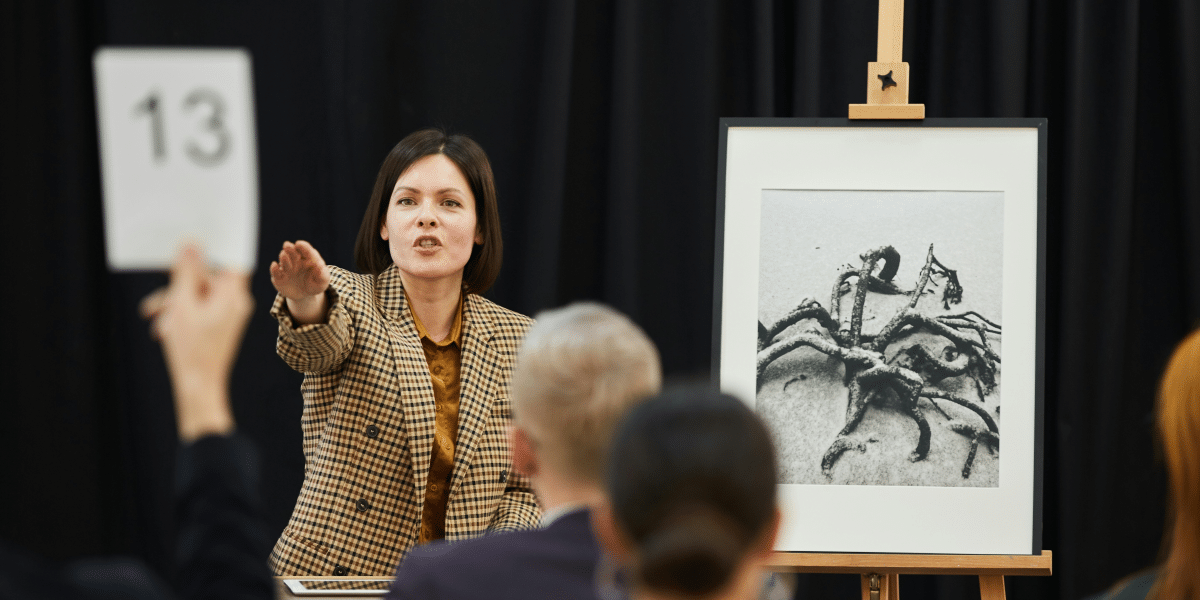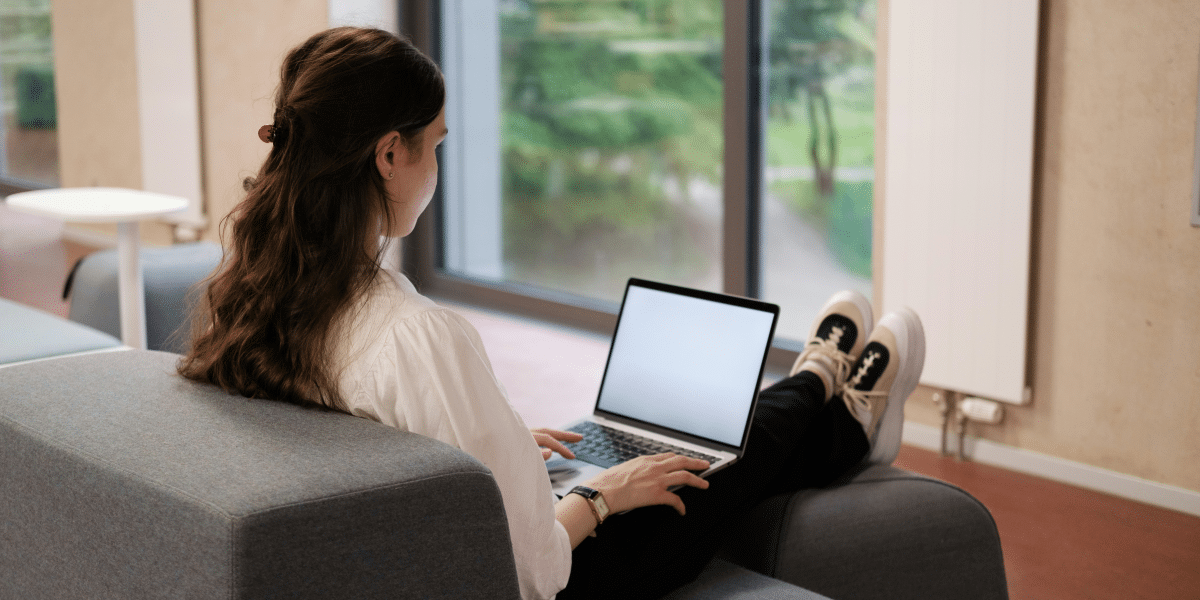Early childhood education is a pivotal stage in development, where the foundations for future learning and success are established. Recognizing the significance of this phase, educational institutions have been exploring various teaching methods to enhance the learning experience and outcomes for young children. Among these institutions, Pures College stands out for its innovative hands-on learning approach, which has significantly impacted the field of early childhood education.
Emphasizing Practical Skills in Early Learning
Traditional early childhood education often focuses on basic literacy and numeracy, typically delivered through direct instruction and repetitive practice. However, the approach at Pures College diverges significantly by integrating practical, hands-on experiences into the curriculum. This method acknowledges that young children learn best through active engagement and real-world experiences.
The college’s program involves interactive activities like role-playing, on-site visits, and the use of educational toys and technology that mimic real-life scenarios. These activities are designed to engage children not only intellectually but also socially and physically, promoting holistic development. By handling materials, interacting with peers, and solving problems, children develop critical thinking and fine motor skills alongside basic academic abilities.
The Role of Technology in Enhancing Interaction
Incorporating technology in early childhood education has been a subject of debate, with concerns about screen time and its impact on young learners. However, this Toronto college employs technology judiciously to enhance interactive learning rather than replace it. Interactive whiteboards, digital storybooks, and child-friendly apps are used to create engaging and educational experiences that captivate young minds and encourage active participation.
For instance, during a lesson on natural habitats, children might use an app to design their own ecosystems, choosing plants, animals, and other elements that interact within a virtual world. This not only makes learning fun but also deepens their understanding of complex concepts through visualization and manipulation.
Training Educators to Facilitate Hands-On Learning
An innovative curriculum requires equally innovative educators. This institution places a strong emphasis on training its educators to deliver hands-on learning effectively. This involves not only equipping them with the latest pedagogical strategies and technologies but also fostering soft skills like patience, creativity, and empathy.
Educator training at the college includes workshops on classroom management, child psychology, and the use of educational technology. Moreover, educators are encouraged to tailor learning experiences based on the individual needs of each child, fostering an inclusive environment that respects diverse learning styles and paces.
Impact on Student Success and Job Readiness
The impact of Pures College’s hands-on learning approach extends beyond the classroom. Graduates of their early childhood education program are notable for their readiness to thrive in professional settings. The practical skills they acquire through their training allow them to seamlessly transition into roles in childcare centers, preschools, and private educational services, where they continue to apply and refine their skills.
Statistics from the college indicate that 100% of students in the program find employment within a month of graduation—a testament to the effectiveness of the hands-on learning approach. Employers often report satisfaction with the graduates’ preparation, particularly their ability to engage children in learning activities effectively and compassionately.
Conclusion
The hands-on learning approach adopted by this school represents a significant innovation in early childhood education. By focusing on practical skills and integrating technology, the college not only enhances the learning experience for children but also prepares its graduates to be proficient, compassionate educators.
As the demand for quality early childhood education continues to grow, the success of this program serves as a model for other institutions aiming to improve educational outcomes. The approach demonstrates that when children are actively engaged in learning through doing, they are more likely to develop the comprehensive skills needed to succeed in their ongoing educational journeys. This model not only benefits the students at Pures College but also has the potential to influence early childhood education practices globally.
Published by: Khy Talara









